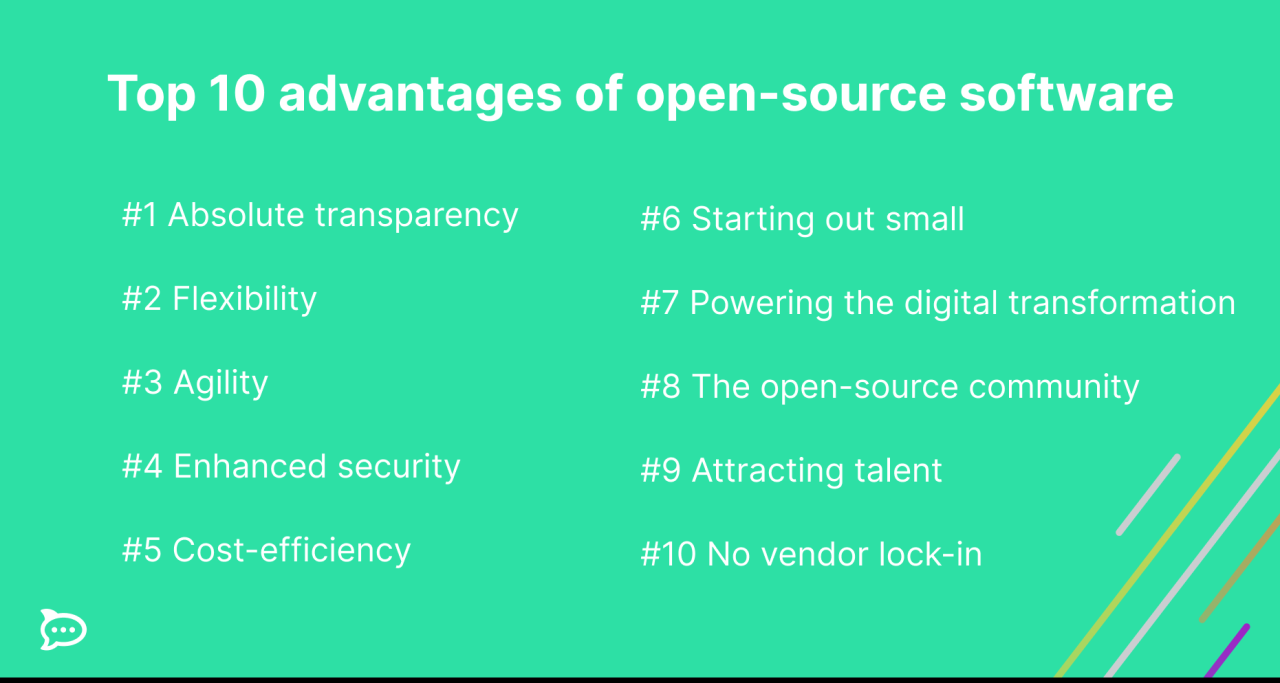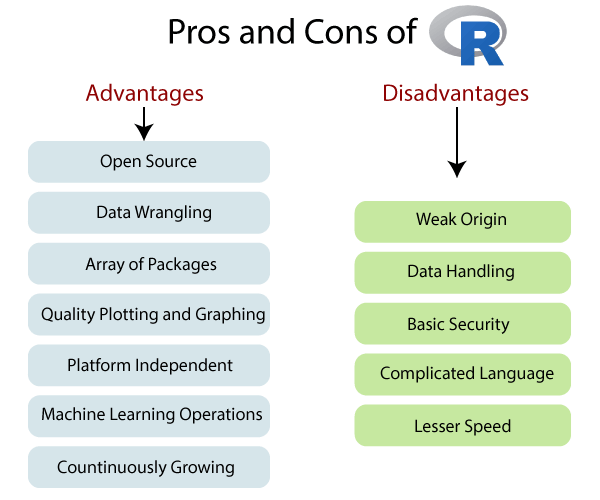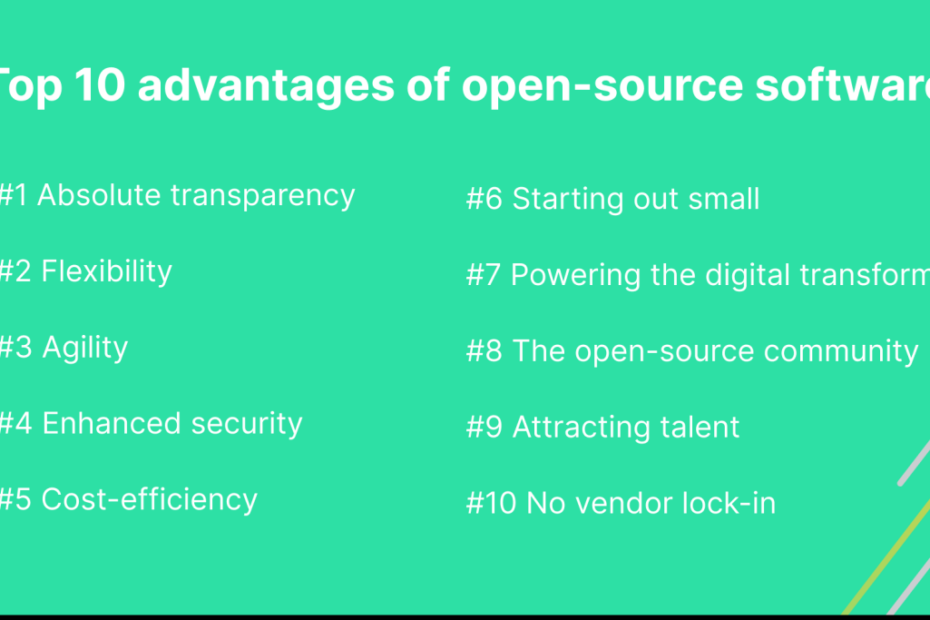Exploring The Advantages And Disadvantages Of Proprietary Software
What Is Proprietary Software | Advantages And Disadvantages Of Proprietary Software
Keywords searched by users: What are the advantages and disadvantages of using proprietary software disadvantages of proprietary software, proprietary software advantages and disadvantages, open source vs proprietary software advantages disadvantages, advantages of proprietary software over open source, what are the benefits and drawbacks of using open-source software?, advantages of proprietary software gcse, 3 disadvantages of proprietary protocols, examples of proprietary software
What Are Advantages And Disadvantages Of Proprietary Software?
Exploring the Advantages and Disadvantages of Proprietary Software
When considering the choice between Open Source Software and Proprietary Software, it’s essential to understand the fundamental distinctions between these two categories.
Open Source Software allows users to access and modify the source code, which fosters transparency, collaboration, and community-driven development. This openness often translates to lower costs for users, as the software is typically free to use and can be customized to meet specific needs.
On the other hand, Proprietary Software operates quite differently. In this case, the source code is restricted and can only be accessed and altered by the software’s owner or developer. While this proprietary nature may limit user involvement and customization, it can also result in higher costs, as users are typically required to purchase licenses or subscriptions for access to the software.
In summary, the choice between open source and proprietary software hinges on factors like transparency, cost, and customization. Open source software promotes openness and affordability, while proprietary software offers controlled development but often comes at a higher price point. Understanding these distinctions is crucial when deciding which type of software best suits your needs.
What Are The Advantages Of Proprietary Software?
Exploring the Benefits of Proprietary Software
When it comes to proprietary software, several advantages make it an attractive choice for users and organizations. Let’s delve into these key benefits to gain a comprehensive understanding of why proprietary software holds its appeal.
1. Enhanced Stability
Proprietary software is renowned for its stability. Unlike open-source alternatives that can sometimes have a wide range of contributors, proprietary software is often developed by a dedicated team of experts. This focused approach ensures a higher level of stability, reducing the likelihood of crashes and system failures.
2. Heightened Security
Security is a top priority in proprietary software development. The closed nature of proprietary code means that vulnerabilities and exploits are less likely to be exposed to malicious actors. Regular updates and rigorous testing further fortify the security of proprietary software, making it a reliable choice for safeguarding sensitive data.
3. Superior User Experience
One of the standout advantages of proprietary software is the emphasis on user experience. Developers invest significant resources in creating intuitive interfaces and optimizing functionality. This results in a smoother and more user-friendly experience, which can be especially beneficial for individuals and businesses seeking efficiency and ease of use.
4. Robust Technical Support
Proprietary software often comes with comprehensive technical support. Users can access dedicated teams of experts who can assist with troubleshooting, updates, and addressing any software-related issues promptly. This level of support can be invaluable, especially for businesses relying on these tools for critical operations.
5. Extensive Integration and Compatibility
Proprietary software typically offers broad integration and compatibility options. Developers work to ensure that their software can seamlessly connect with various hardware and other software applications. This versatility facilitates a cohesive technology ecosystem, reducing compatibility headaches and enhancing productivity.
In summary, proprietary software offers numerous advantages, including stability, security, user experience, technical support, and compatibility. These benefits make it an appealing choice for those seeking reliable and efficient software solutions in a wide range of applications.
Details 6 What are the advantages and disadvantages of using proprietary software




Categories: Details 14 What Are The Advantages And Disadvantages Of Using Proprietary Software
See more here: c1.chewathai27.com

An open platform provides greater flexibility, but it can be more difficult to operate and maintain. Proprietary software, on the other hand, is easier to use but limits your options and involves higher costs.Limited customization: Proprietary software is often designed with a specific set of features and functions, which means that users may not be able to customize it to suit their needs. This can be a disadvantage for businesses and organizations that require specialized software.
- Range of functionality. Proprietary software has usually been designed for monetisation. …
- Customer support. …
- Reduced cost of upkeep. …
- Initial investment. …
- Lack of customisation available. …
- License limitations.
- Proprietary Software Guarantees a Higher Stability. …
- Proprietary Software Is More Secure. …
- Proprietary Software Offers a Better User Experience. …
- Proprietary Software Has a Superior Technical Support. …
- Proprietary Software Offers Broader Integration and Compatibility.
| Open Source Software | Proprietary Software |
|---|---|
| Users can view and modify the source code. | Only the owner of the software can modify or view the source code. |
| It is less costly. | It is more costly. |
Learn more about the topic What are the advantages and disadvantages of using proprietary software.
- Advantages of proprietary software – Is it right for your business?
- What is Proprietary Software: Definition, Advantages … – Toppr
- Open Source vs Proprietary: A Look at the Pros and Cons
- Advantages & Disadvantages of a Proprietary System vs. an …
- Open source vs. proprietary software: Compare and contrast …
- Proprietary Software License – Thales CPL
See more: https://c1.chewathai27.com/category/money-policy
